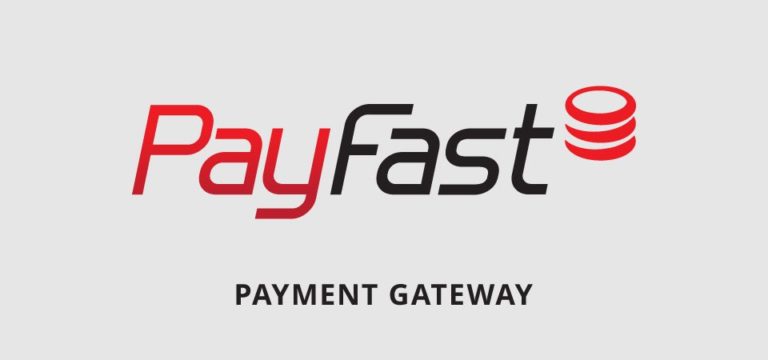Kenya is the First African Country to Integrate Coding Into its Primary, Secondary Schools Curricula

The inclusion of coding as a subject in Kenya’s elementary and secondary school curricula was announced by the country’s president, Uhuru Kenyatta, last Friday at the State House in Nairobi.
With this new breakthrough, Kenya becomes the first nation in Africa to permit the study of coding in the two early schools.
At the event, President Kenyatta remarked, “I applaud the Kenya Institute of Curriculum Development for guiding our country to this landmark achievement, by incorporating coding as a fundamental ability inside our new Competency Based Curriculum.”
The National Cybersecurity Strategy 2022, which offers strategic interventions in addressing Kenya’s national cybersecurity concerns, was also introduced by the President. Additionally, the 2032-based Kenya National Digital Master Plan was launched.
The president, whose term as president ends in a few weeks, is upbeat about the influence the National Digital Master Plan will have on the nation given all these digital roll-outs. He thinks that by encouraging the expansion of ICT-related firms and building a supportive policy, legal, and regulatory framework for the wider use of e-governance, the strategy will solidify the nation’s position as a global leader in ICT.
“There is no doubt that this will help to increase employment opportunities, facilitate and scale up ICT innovation, and promote the expansion of a thriving and vibrant ICT industry that will benefit every area of our economy. The master plan serves as a roadmap for investors as they prioritize their investments, according to President Kenyatta.
The government will be able to hire an additional 40,000 adolescents directly to operate the centers and train interested people thanks to the digital master plan’s goal of creating over 20,000 village digital hubs around the nation.
As one of the continent’s hubs for digital innovation, Kenya has maintained its position. This new program demonstrates a desire to reinvent education and a strong commitment to creating the future. And it appears that both the public and business sectors share this idea. Microsoft, Visa, and Google have all established their own development hubs in the nation’s capital only this year.







